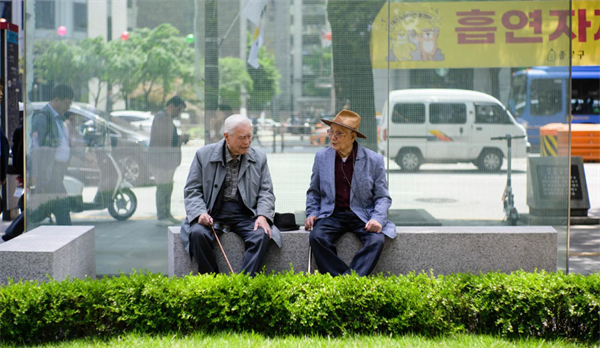
South Korea's population is aging rapidly. Illustration photo: CNN
In 2017, South Korea had more than 40,000 childcare facilities, but that number had dropped to about 30,900 by the end of 2022, according to recent government data. Meanwhile, as the population rapidly ages, the number of facilities for the elderly has exploded from 76,000 in 2017 to 89,643 in 2022, according to the country's Ministry of Health and Welfare.
Facilities for the elderly include nursing homes, specialized hospitals, and welfare agencies that help the elderly seek social services or protection. Meanwhile, child care facilities include public schools as well as private facilities and businesses.
The change is the latest in a long-running problem that South Korea has so far failed to reverse. It has one of the world's fastest-aging populations and one of the world's lowest birth rates, which have been falling steadily since 2015 despite authorities offering financial incentives and housing subsidies to couples who have more children.
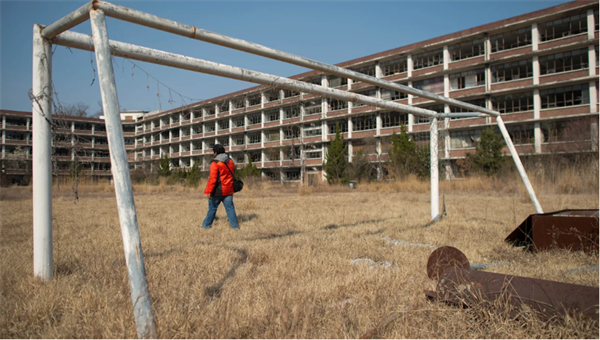
In Daejeon, south of Seoul, an abandoned school has become a popular spot for photographers and urban explorers. Photo: CNN
Experts say the low birth rate is due to a number of factors, including a demanding work culture, stagnant wages, rising living costs, the financial burden of raising children, and changing attitudes towards marriage and gender equality among younger generations.
Last September, South Korean President Yoon Suk-yeol admitted that more than $200 billion had been spent trying to increase the population over the past 16 years. But so far nothing has worked. Yonhap news agency reported that many elementary, middle and high schools across the country have had to close due to a lack of school-age children.
Meanwhile, South Korea’s growing elderly population means demand for services for the elderly is booming. The rapid expansion of nursing homes in recent years may help alleviate this problem. But long-term concerns remain about the future of the South Korean economy, as the number of young workers – crucial to supporting the health care and pension systems – dwindles.
SERIOUS (According to CNN)
Source




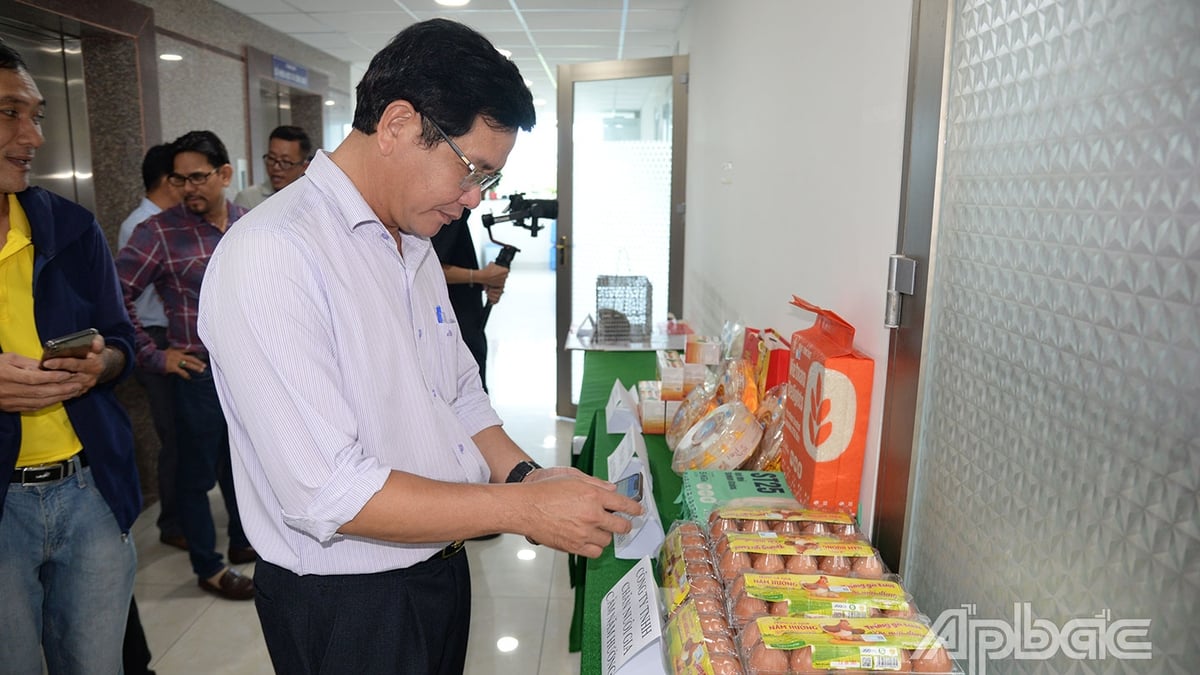
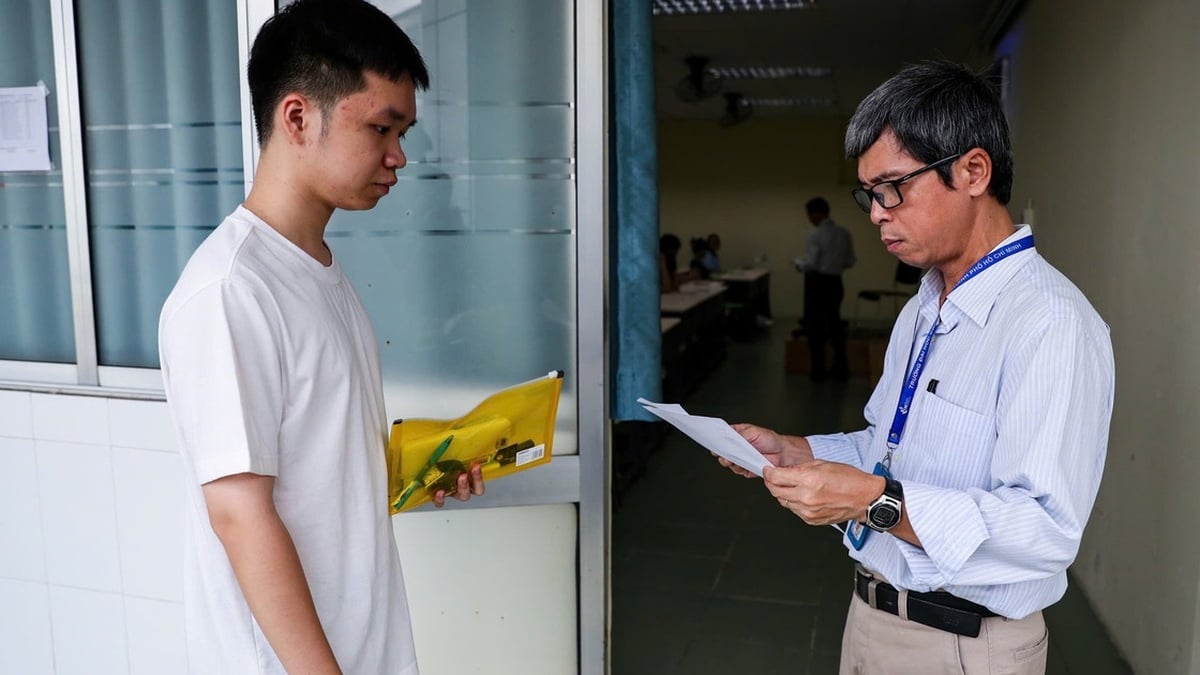

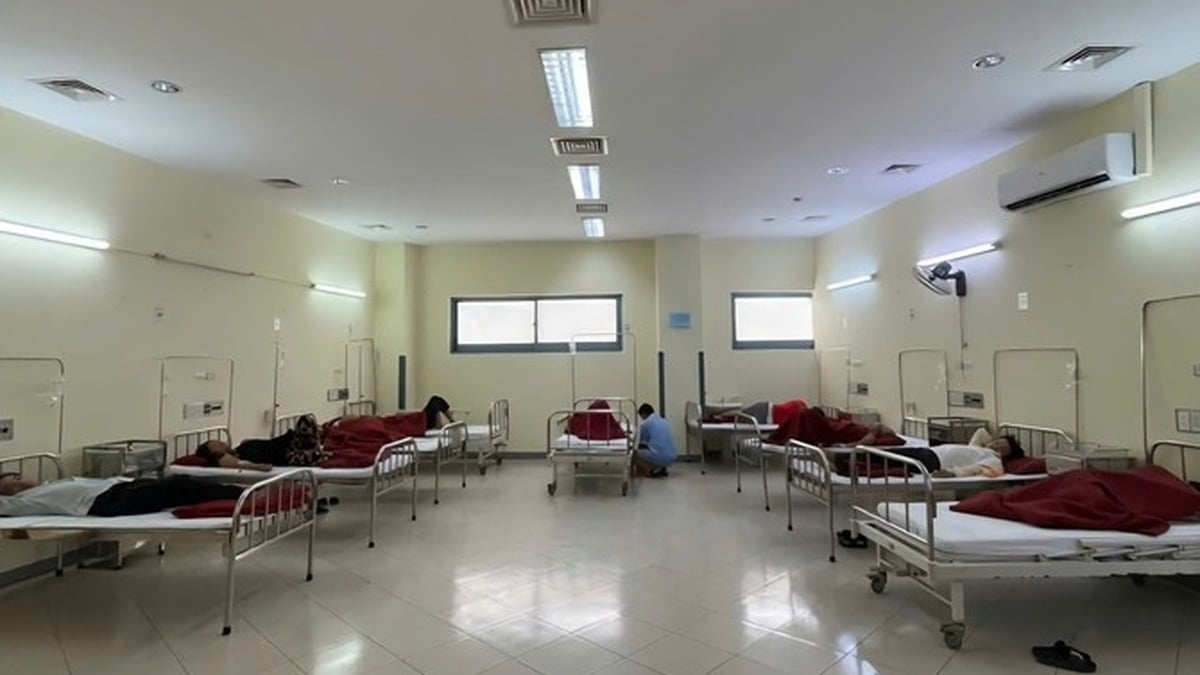




















![[Photo] National Assembly Chairman Tran Thanh Man visits Vietnamese Heroic Mother Ta Thi Tran](https://vphoto.vietnam.vn/thumb/1200x675/vietnam/resource/IMAGE/2025/7/20/765c0bd057dd44ad83ab89fe0255b783)




























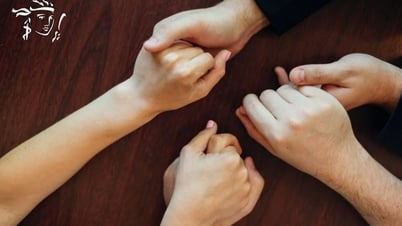



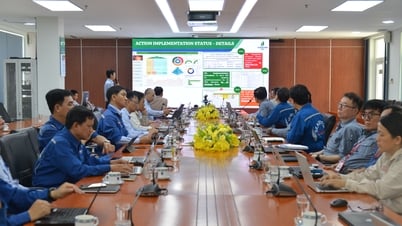



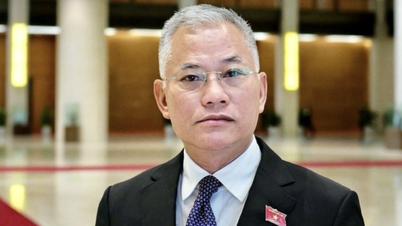

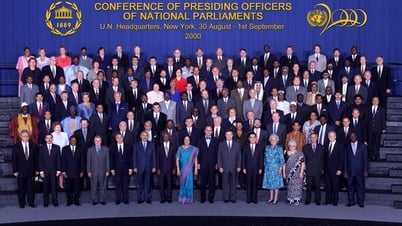































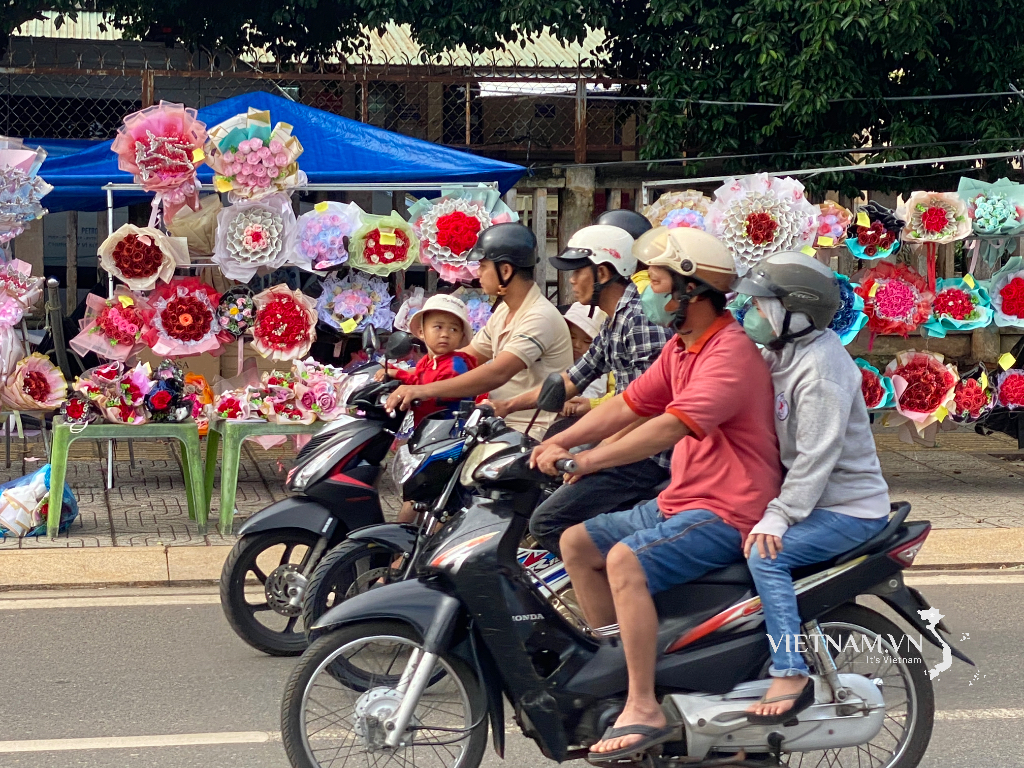

Comment (0)